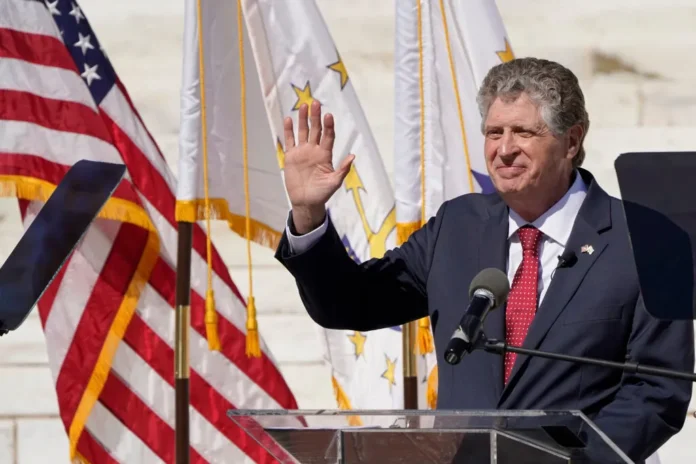
PROVIDENCE – The state has approved more than $50 million in funding through its RentReliefRI program, Gov. Daniel J. McKee announced Tuesday.
The state program, funded by the federal Emergency Rental Assistance program, has now approved rental and utility assistance to close to 4,600 rental households in Rhode Island, including more than $16 million in payments for utilities for low- and moderate-income customers.
That distribution amount is roughly one-quarter of the $200 million program that was launched in March just a few days before McKee took office as governor.
The distribution program to help renters has greatly improved over the last three months, according to McKee, who said he was frustrated by a slow start in getting the funds into the hands of residents. He said just over $1 million was distributed in the program’s first 90 days. Since then, more than $49 million has been distributed over the last 90 days to Rhode Islanders, McKee said.
He said $19 million in assistance has been approved to cover past-due rents and $10 million has been awarded for future rental payments. He also said $1.7 million has been awarded and an additional $16 million committed to for late gas and electricity bills and helping households recover from the ongoing pandemic.
McKee also noted that changes for the approval processes were made to help get funds to those in need quicker. He said the state worked with federal officials to simplify the application “in a dramatic way.”
The average weekly funding went from being about $500,000 in June to now about $1 million in daily approvals. The average per-household assistance being distributed is $7,678, McKee said.
“It’s very good process,” McKee said, “but we need to keep pushing hard.”
McKee encouraged those who are struggling with rent and utility bills to contact the R.I. Housing and Mortgage Finance Corp. to apply for the funds and said that nonprofits and municipalities that can get rental or utility assistance out to those who need it should contact the state to help with the effort.
“We have more to do,” McKee said. “We’re going to meet with community action partnerships to get them engaged. We’re going to continue to be aggressive in getting those funds out.”
McKee also said the state will soon issue request for proposal on further distribution of the rental and utility assistance funds in order to engage more than just R.I. Housing in the effort to aid those in need.
Regarding vaccinations, McKee, when asked, was reluctant to say whether or not there will be a vaccination requirement for children in schools. He said the state is still working through the vaccine mandate for health care workers, which has been met with some resistance – including lawsuits from some health professionals.
McKee said in addition to high vaccination rates for teachers, Rhode Island is approaching between 55% to 60% of students over the age of 12 vaccinated. He said the state is planning to make the vaccine available for children ages 5 to 11 when it is available, although it may not be until November if and when it is.
When asked why he was reluctant to mandate vaccinations for some industries but has imposed mandates on the health care industry, McKee defended the state’s methods in getting shots in the arms, arguing his methods have been effective. He claimed the state was last in vaccinations when he arrived into office and now Rhode Island is “leading the country in vaccinations.”
“That allowed us to be safe,” he said. “We’ll continue to work as best we can without any level of mandates. I felt that in the health care area, we needed the support from the hospitals and nursing homes who asked me to support that. I thought that was an important piece to do. When the vaccine becomes available for ages 5 to 11, we will be as prepared as we were when we built out the capacity.”
James Bessette is the PBN special projects editor, and also covers the nonprofit and education sectors. You may reach him at Bessette@PBN.com. You may also follow him on Twitter at @James_Bessette.










